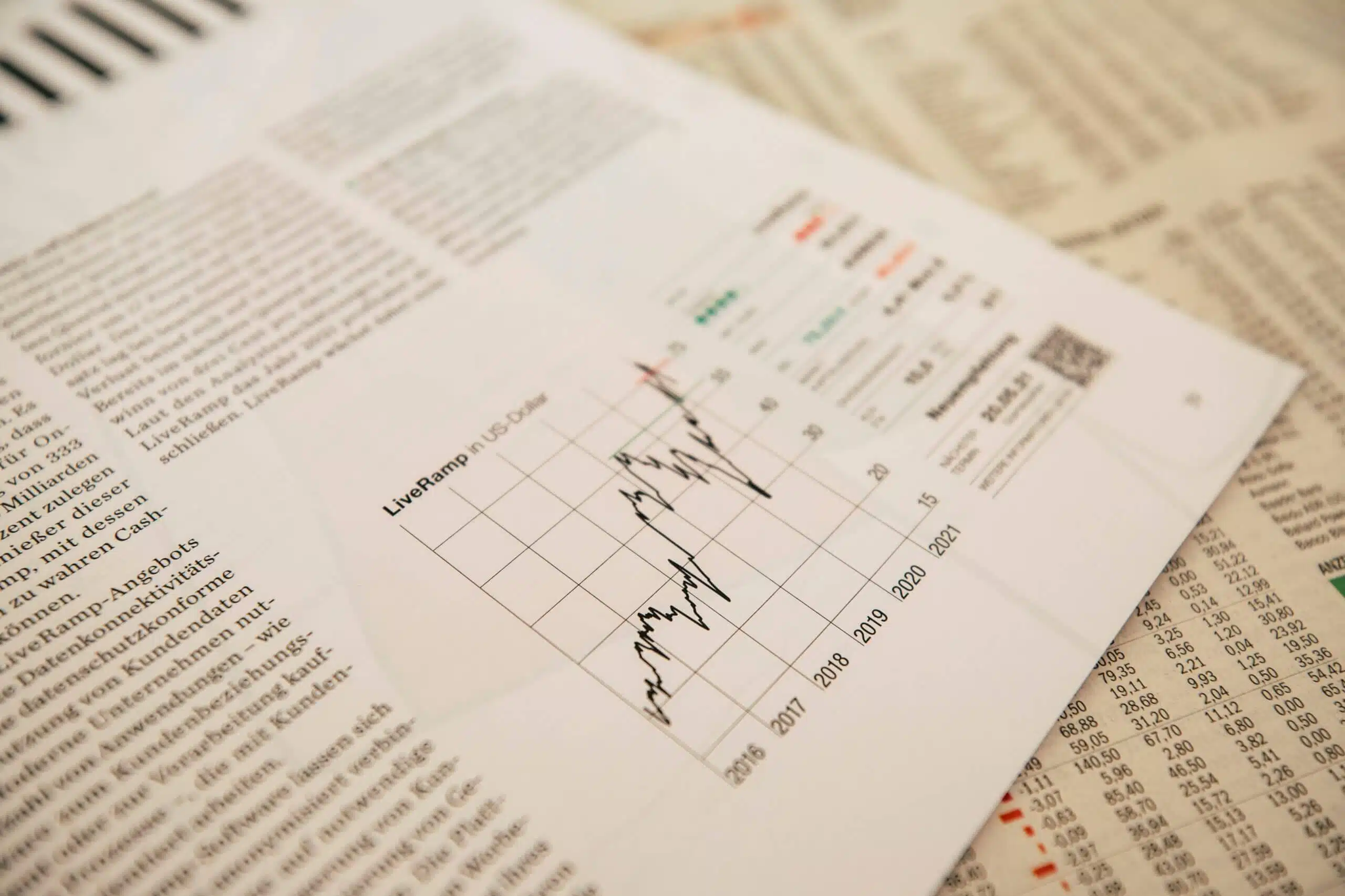
One of the questions I am most often asked by clients at the moment is how much they can borrow, given that interest rates in the Netherlands are going up. This is especially relevant to house hunters who have been looking for a property for some time because they may well find that they have less to spend than they thought.
People may not be aware of this, but years ago, the banks got together and decided that they would use an interest rate of 5% as their standard when calculating how much people can afford to borrow to buy a house. They have been using the 5% standard ever since, even when the rates fell to as low as 1.5% a year ago.
That meant someone with an income of €60,000 would be told by their financial advisor they could borrow €250,000 to fund buying a house.
However, the banks also agreed that if a client fixes their interest rate for at least 10 years – which means 10 years of security – they would use the actual interest rate in making the calculation. That meant our €60,000 earner could actually borrow €295,000 when interest rates were at record lows last year. So in a sense, that record low was a blip in a system which has changed little for years. And now, because interest rates have gone up, there is no point in using anything other than the 5% rate.
In short, if you met your financial advisor a year or six months ago, you were probably told you could borrow more than he or she would tell you now. And yes, you will have less to spend.
We did expect a drop in house prices to offset this, but that has not really been the case so far. There was a slight decrease last year, but prices went up again in January because there is still such a major shortage of affordable property to buy.
So where does this leave people looking to start climbing the housing ladder? Some experts think interest rates might start coming down again towards the end of the year, but the bottom line is that no one knows what will happen.
This might make opting for a variable rather than a fixed-rate mortgage a good option as long as you have the money to cover the cost if interest rates rise significantly. After all, the bank will base how much you can borrow on that 5% figure. More than that, if you check out the interest rates which banks are currently charging, you will see that the 5-year and 10-year rates are pretty similar at the moment and are creeping up towards the 5% as well. That being said, if you think rates will come down, it makes sense to fix your rate for a shorter period.
There are a couple of other things to remember here, if you are worried that you cannot spend as much on a dream home as you could have done a year ago.
Firstly, inflation continues to outstrip interest rates, which means that it still makes sense to buy. If you own a property, inflation is your friend, but if you rent, inflation is your foe. Buyers may face higher monthly payments, but in 30 years time, your mortgage will have been paid off, and your home will have at least doubled in value. But if you rent, the amount you pay per month will have doubled, but you will own nothing.
And if you ask me if you should fix your interest rate or go for a variable figure, I have to be very honest and say I have not got a clue. If you can afford fluctuations, by all means, go for a variable rate because it will go down at some point. If your budget is tight, don’t take any risks and fix it for a number of years and sit out the ride.
And remember, the tax office is still your friend if you are a Dutch taxpayer as well. Everyone has a flat 37% rebate, even if you are on the 30% ruling. We might not know what is happening to interest rates, but that, at least, is one thing you can be sure of for the time being at least.


